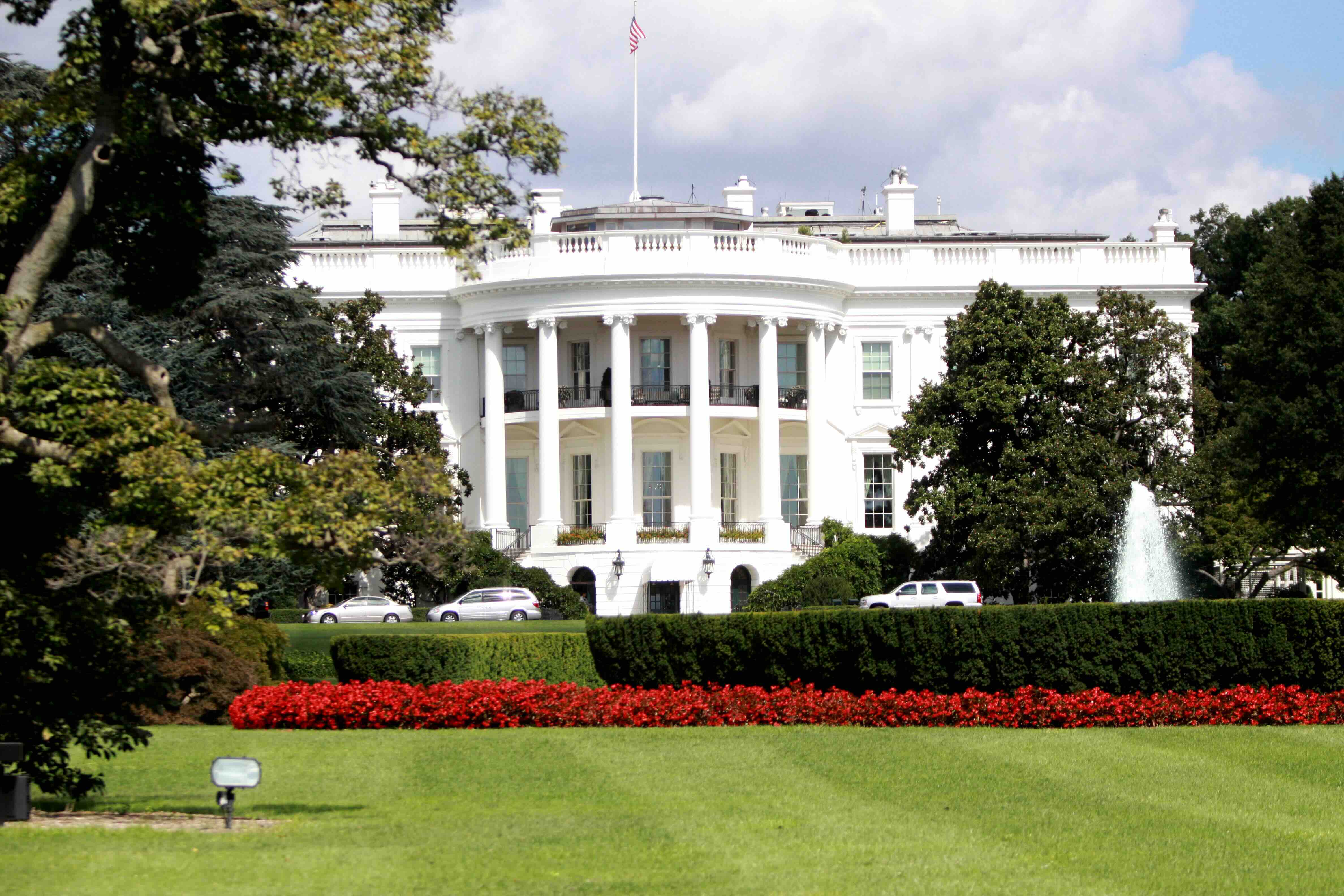Have a story idea
Have a story idea? Send it to us here.

Source : Gage Skidmore, Flickr
February 5, 2025
Author : Alex Bustillos
Since taking office, President Donald Trump has issued a series of executive orders that impact government contractors, businesses, and federal agencies.
These orders, which reverse many policies set by the previous administration, focus on trade, energy, and rolling back federal DEI (Diversity, Equality and Inclusion) programs in regard to hiring practices.
Some of these changes could significantly affect companies that work on federal contracts and state projects that receive federal funding.
One of the first executive orders signed by President Trump revoked 78 orders from the Biden administration. This included reversing rules that required federal contractors to retain workers from previous contracts and canceling policies related to COVID-19, climate change, and diversity programs. The order also directs officials to identify more policies for repeal by March 6, 2025.
Another executive order, known as the America First Trade Policy, aims to strengthen U.S. trade policies and increase domestic production. It orders a review of existing trade agreements, including the Buy American Act and the U.S.-Mexico-Canada Agreement (USMCA).
The goal, state by administration officials, is to prioritize American workers and manufacturers, and it could lead to changes in how federal contracts are awarded. The order also calls for an investigation into unfair trade practices by other nations and a review of intellectual property protections related to China.
In addition to trade policies, President Trump signed an order focused on energy production. This order promotes oil, gas, and mineral extraction on federal lands and waters. It also removes policies that encouraged the use of electric vehicles and other green energy programs. Contracts and grants related to clean energy initiatives under previous laws, such as the Inflation Reduction Act, may be affected by this change.
DEI programs have also been targeted. President Trump issued three orders rolling back affirmative action and diversity-related initiatives. One order removes DEI programs from federal agencies, stating that they are discriminatory.
Another requiring agencies to cancel contracts related to DEI training and eliminate equity-related grant programs. An additional order focuses on Department of Defense, calling for a review of race and gender-based hiring policies in the military. These changes could affect businesses and organizations that have contracts related to diversity training and hiring initiatives.
President Trump has also paused certain forms of foreign aid with an executive order that temporarily halts new development assistance. This allows time for a review of how foreign aid aligns with the administration’s priorities. Contractors working on foreign aid projects may see delays or funding cuts while this review is conducted.
A hiring freeze for federal civilian agencies was also put in place. This order stops new hires and prevents agencies from using outside contractors to fill vacant positions. The goal is to reduce the size of the federal workforce.
Federal employees have been given the option to resign by September 30, 2025, while retaining full pay and benefits. The freeze could lead to slower processing times for government contracts and delays in projects that require federal oversight.
Another executive order requires a temporary pause on federal grants and financial assistance programs. Although it was quickly rescinded, it initially directed agencies to review all financial assistance programs and report on their alignment with the administration’s policies. This move caused concerns among businesses and organizations that rely on federal funding.
Finally, a regulatory freeze was ordered, requiring agencies to halt new regulations until they are reviewed by Trump-appointed officials. This also includes withdrawing pending regulations from the previous administration. Any regulations that have been published but not yet implemented are subject to a 60-day delay for further review. This change could impact businesses that are waiting on new rules related to labor, environmental policies, and other industries.
These executive orders mark a significant shift in government policy and are expected to have lasting effects on contractors and businesses that work with the federal government.
Companies that depend on federal contracts should pay close attention to these changes and prepare for adjustments in funding, compliance requirements, and contract terms. As the administration moves forward with these policies, further changes could be introduced that will shape the business environment for years to come.
Category : Federal Government Market Watch
